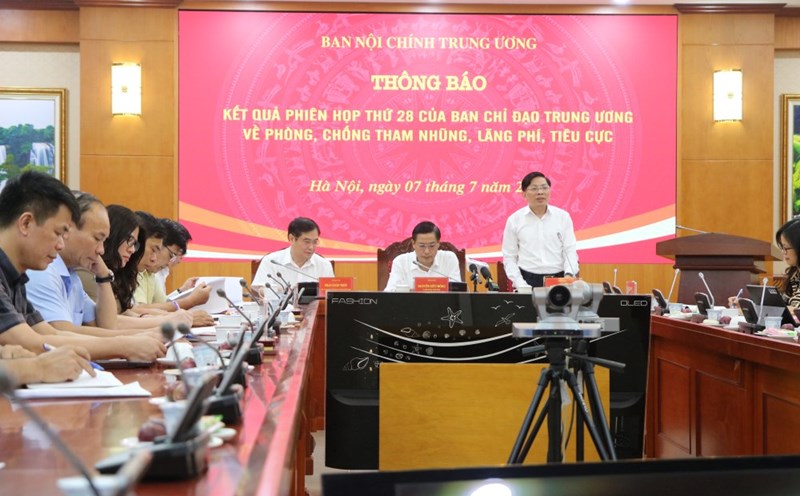According to current regulations, taxpayers are entitled to a deduction of VND11 million/month for themselves and VND4.4 million/month for each dependent. This is a level adjusted from 2020 - after a long period of stagnation since 2013. However, with increasing living costs and increasing living standards, this number has now become inappropriate, causing workers - especially those working for hire - to suffer an increasingly large tax burden.
In just the past 4 years, total revenue from personal income tax has nearly doubled. This is clear evidence that the tax rate is increasing much faster than the actual growth rate of people's income.
It is worth mentioning that while Vietnam's average income per capita in 2024 will reach about 4,700 USD, the family deduction level is almost unchanged, not corresponding to living expenses and rapid urbanization pressure as in big cities such as Hanoi and Ho Chi Minh City.
At the workshop "Invalids and Social Affairs Tax Law - Ensuring fairness, promoting growth" held at Lao Dong Newspaper in March 2025, many financial and economic experts frankly pointed out: The current family deduction level is no longer reasonable, it needs to be adjusted according to economic indicators such as CPI (consumption price index), minimum wage and per capita income.
Tax reform is not only a technical adjustment, but a change in thinking. It is necessary to see tax as a mechanism to accompany the people. When employees feel the tax rate is reasonable and fairly deducted, they will be ready to declare, comply with and pay taxes in full.
Not only a tool to regulate income, tax is also a lever to stimulate consumption and growth. If people have more after-tax surplus, they will spend more, contributing to boosting production and creating a positive economic turnover. On the contrary, when spending is "stuck" by tax obligations, consumer demand will be weak, businesses will have difficulty expanding production, thereby affecting the growth rate of the entire economy.
Raising the family deduction level is not only to protect the rights of workers, but also a solution to promote sustainable development, creating social consensus. This is also a way to demonstrate the role of the State in "creating development", not only in fiscal policy but also in modern governance thinking, contributing to creating momentum to ensure the double-digit GDP growth target from next year.











